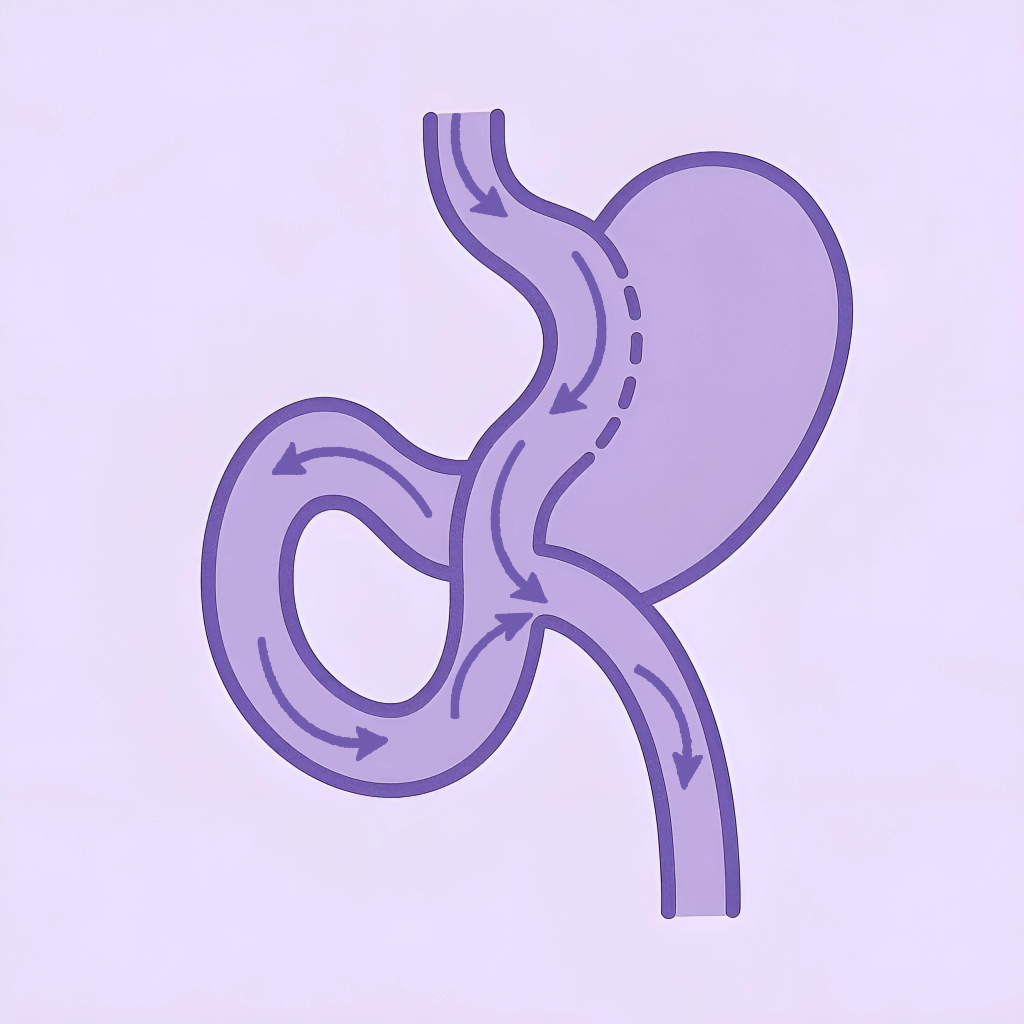Adrenal Gland
%201.svg)






Adrenal gland surgery is a procedure to remove one or both adrenal glands to treat hormone disorders and adrenal tumors.
Overview
Adrenal gland surgery, or adrenalectomy, is performed to remove one or both adrenal glands, which are located above the kidneys and produce essential hormones like cortisol, aldosterone, and adrenaline. The procedure is used to treat adrenal tumors, hormone-producing disorders, or cancer affecting the adrenal glands.
The goal of surgery is to remove abnormal growths while preserving normal hormone function. Depending on the condition, the procedure may involve removing one adrenal gland (unilateral adrenalectomy) or both glands (bilateral adrenalectomy). The surgery can be performed using a minimally invasive (laparoscopic) or open approach, depending on the tumor size and location.
When is Surgery Recommended?
Adrenal gland surgery is recommended for individuals with adrenal tumors that produce excess hormones, cause high blood pressure, or show signs of cancer. It is necessary when these tumors lead to conditions like Cushing’s syndrome (excess cortisol), Conn’s syndrome (excess aldosterone), or pheochromocytoma (excess adrenaline production).
This procedure is often chosen by patients experiencing uncontrolled high blood pressure, rapid weight gain, extreme fatigue, muscle weakness, or hormonal imbalances. In cases where both glands are removed, lifelong hormone replacement therapy will be required.
Procedure Details
Adrenalectomy involves removing the affected adrenal gland(s) while preserving surrounding structures such as the kidneys and blood vessels.
Anesthesia is administered for patient comfort.
Small incisions are made for laparoscopic surgery, or a larger incision is made for open surgery.
The affected adrenal gland(s) are carefully separated and removed.
Nearby tissues and blood vessels are preserved to maintain kidney function.
The incision is closed, and post-operative monitoring begins.
Recovery
Recovery after gallbladder surgery depends on the surgical approach. Laparoscopic cholecystectomy allows most patients to return to normal activities within a week. Mild bloating, diarrhea, or temporary digestive adjustments are common but typically improve over time.
We provide personalized aftercare, including hormone level monitoring, medication adjustments, and follow-up tests to ensure proper recovery. If both adrenal glands are removed, lifelong steroid hormone replacement therapywill be necessary to maintain normal body function.
Have questions about your treatment?
Our team is available 24/7 with multilingual support.

Frequently Asked Questions
Find answers to common inquiries.
Need personalized support?
WhatsApp us for a quick response—we reply within minutes.
What types of surgeries does Dr. Gül specialize in?
Why choose Türkiye for surgical procedures?
What is the recovery time for most surgeries?
What bariatric procedures are offered at the clinic?
How much weight can I expect to lose after bariatric surgery?
What languages does Dr. Gül and his team speak?
Will I need to take supplements after bariatric surgery?
Does insurance cover these procedures?
Can I combine treatment with travel in Turkey?
What support is available after surgery?
Our Expertise

Sleeve Gastrectomy
Minimally invasive surgery for long-term weight loss with a simple procedure and no rerouting.

Mini Gastric Bypass
Simpler, less invasive gastric bypass for significant weight loss and diabetes control.

Gastric Balloon
A non-surgical, temporary option for moderate weight loss without permanent stomach changes.
Follow Dr. Gül on Instagram





